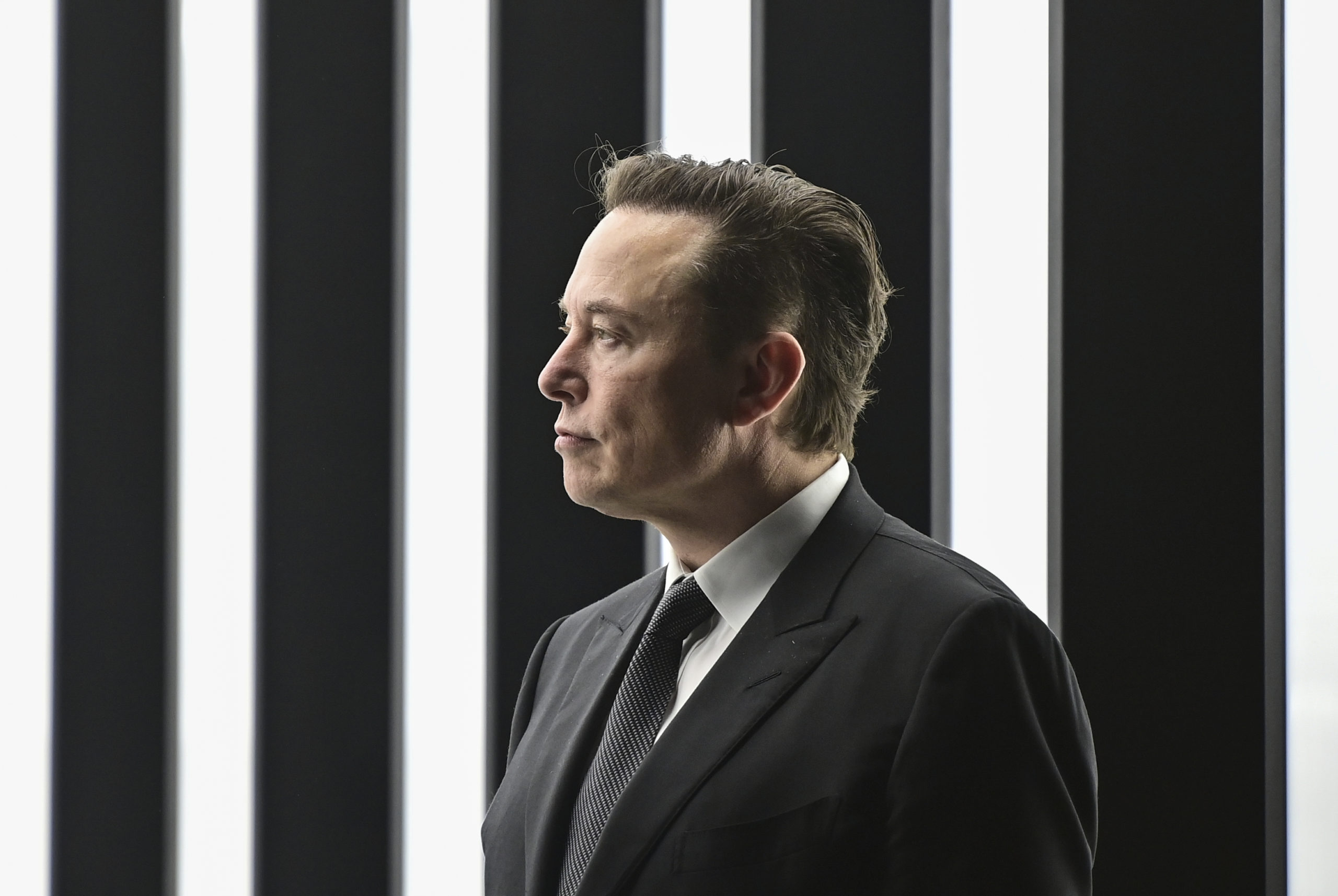It’s not a new sci-fi movie. Biotech startup companies are working to connect computers directly to your brain, and billionaires Jeff Bezos, Bill Gates, and Elon Musk are financially backing them. Bezos and Gates are backing the startup Synchron. So far, the Brooklyn-based company has tested its brain stent in seven humans. Elon Musk is hinting at his latest move into the brain-computer interface industry (BCI) with his potential startup Neuralink. Other investors include the co-founder of PayPal, Peter Thiel, and venture capitalist Vinod Khosla.
How does a brain-computer interface work? The BCI reads your thoughts to achieve specific actions, such as turning on a light or clicking a mouse.
While BCIs have been around for decades, they are just recently being implanted in the human brain, working as an assistive device. Business Insider spoke to one man who has successfully had a brain stent implanted in his head. Philip O’ Keefe was implanted with Synchron’s machine in 2020. O’ Keefe says he uses his BCI to play games online, text on WhatsApp, and turn the lights off and on inside his home. This technology is working for O’Keefe, who has ALS. The degenerative condition makes it hard for him to use his fingers and hands. O’Keefe acknowledges that while he can do most things a computer does, his old age has caused him to operate much slower.
Startup companies are not limiting themselves to brain implants that perform simple tasks. They are working to develop BCIs that can diagnose brain issues and treat conditions like depression. Creating more powerful soldiers is also a goal on the list for BCIs.
Experts say it’s obvious why tech billionaires are helping the push of tapping into the human brain. A BCI is a potential “obvious bridge” between computers and medicine, allowing a new way into the profitable health industry.
No matter how advanced BCIs become, implanting a computer into your brain is still controversial. The idea takes the “big brother” concept to a new level.


















Add comment